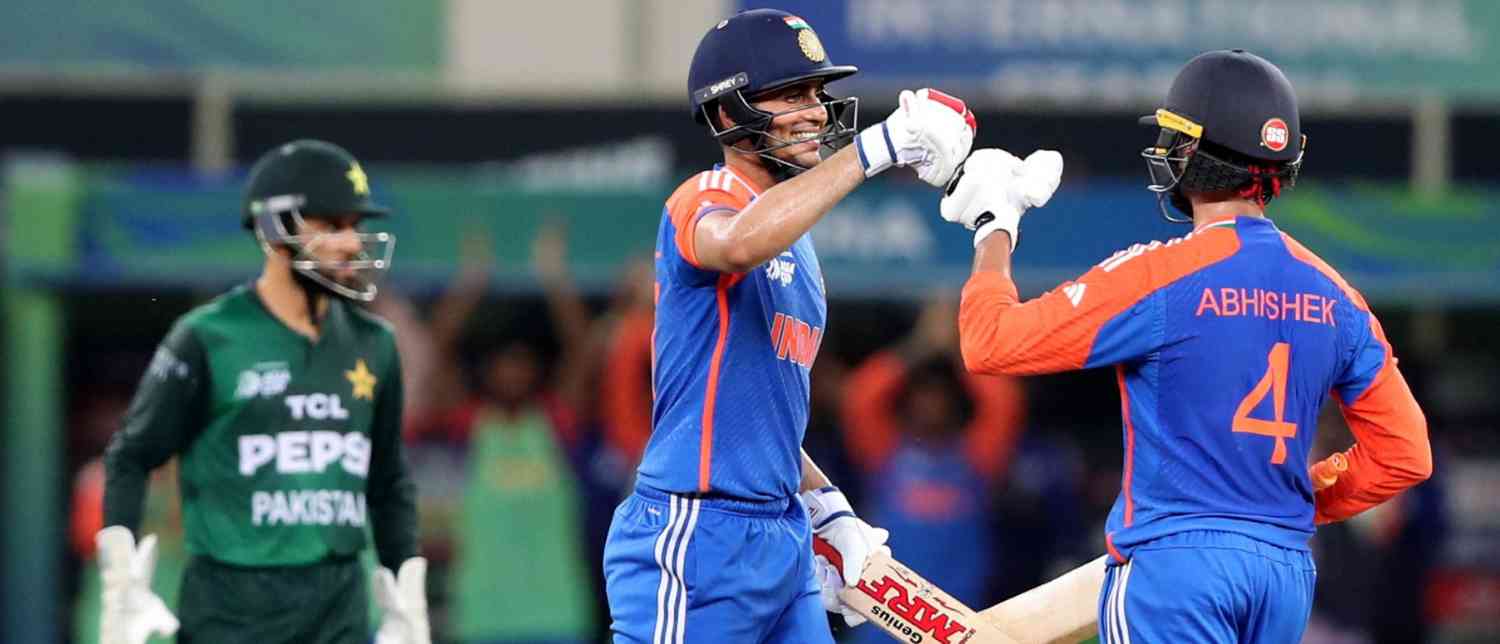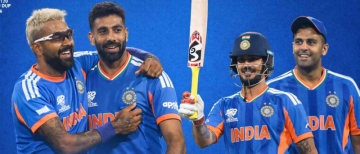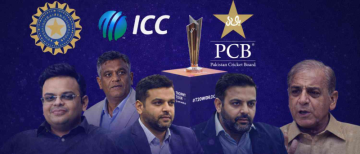The crack of leather on willow, the roar of stadiums, and the sea of blue and green – India-Pakistan cricket has long been more than just a game. It is identity, passion, and politics intertwined. From Sharjah to Manchester, from Mohali to Dubai, matches between these two nations have captured the imagination of hundreds of millions. Yet, beyond the spectacle, a deeper and darker reality often overshadows the sport: the persistent shadow of terrorism and hostile diplomacy emanating from Pakistan.
The question looms large: After repeated terror attacks, is it prudent—or even moral—for India to continue sportsmanship and cricket diplomacy with Pakistan?
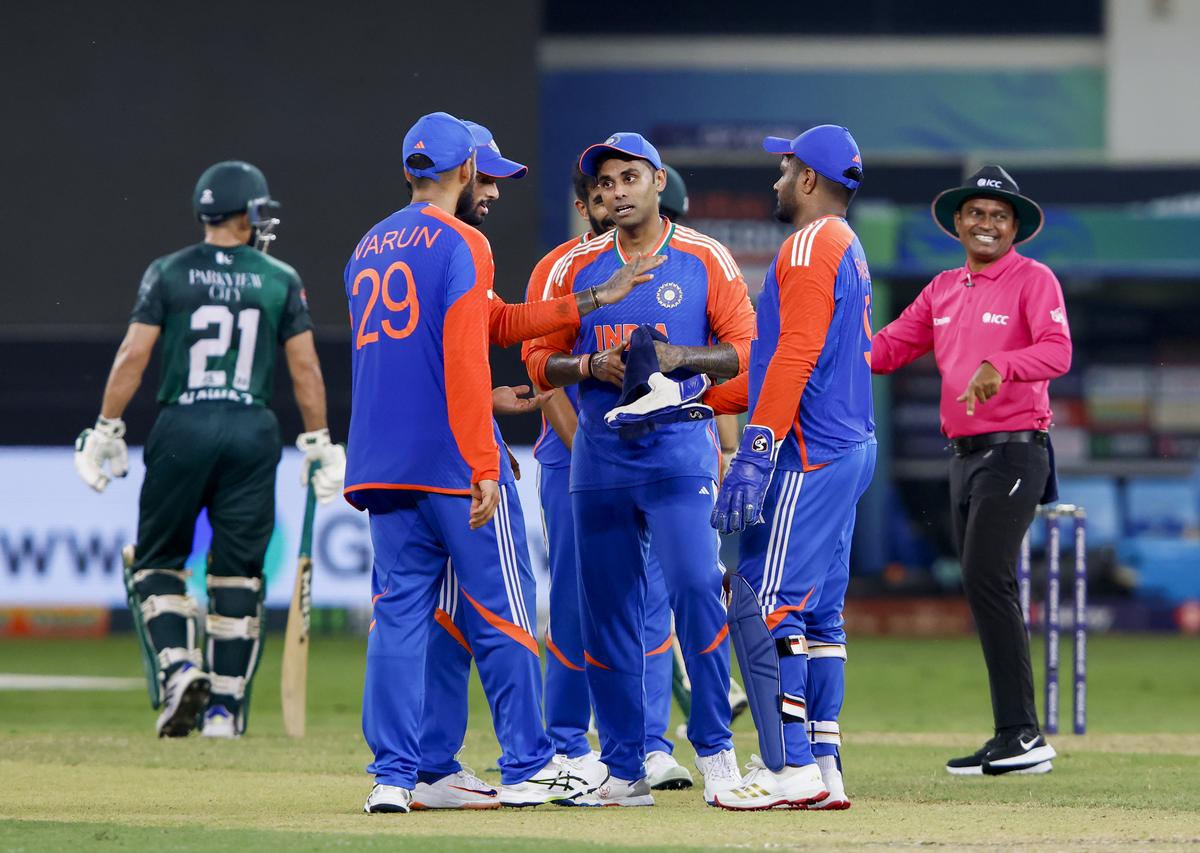
A Storied Past: Cricket Amid Conflict
The cricketing rivalry between India and Pakistan dates back to 1952, when an Abdul Kardar-led Pakistani team toured India. India returned the visit in 1954–55, followed by another Pakistani tour in 1960–61. But political hostilities quickly intruded. Following the wars of 1965 and 1971, bilateral cricket halted for nearly 17 years, resuming only when Bishen Singh Bedi’s Indian side toured Pakistan in 1978–79. By the early 1980s, cricketing exchanges continued sporadically, producing moments of brilliance—most notably Sachin Tendulkar’s electrifying debut in 1989–90, when the 16-year-old prodigy smashed four sixes off Abdul Qadir in a single over.
The 1990s introduced a period of neutral-venue cricket in Sharjah, as multiple Pakistani tours to India were canceled due to tensions over the Babri Masjid demolition, Mumbai bombings, threats from extremist groups, and the Kashmir dispute. India’s cricket diplomacy faced a severe test in 1999: while Anil Kumble made history by taking all ten wickets in a Delhi Test, Pakistani troops infiltrated Kargil, sparking a war. Yet, under Prime Minister Atal Bihari Vajpayee’s directive, Sourav Ganguly’s team went to Pakistan, winning both the Test and ODI. series. Prime Minister Vajpayee urged the Sourav Ganguly-led team to “khel hi nahi dil bhi jeetkar aao”. Despite the sportsmanship displayed, the underlying reality remained: cricket could not erase cross-border aggression.
India continued tours to Pakistan intermittently, including the memorable 2004 “Friendship Series” after a nearly 15-year hiatus. However, the cycle of hope and disruption persisted. The 2008 Mumbai terror attacks led to the cancellation of India’s scheduled tour to Pakistan, effectively freezing bilateral cricket. Subsequent tours were limited to ICC and ACC events, often at neutral venues.
Sunday Flashback: March 25, 2004. Indian cricket tour to Pakistan. Landing at Multan - escorting the Indian Cricket team out for the Test Match - Received by Mayor and IG Multan. Dravid declared when Tendulkar was on 194. Biggest stadium of Asia with all the facilities.… pic.twitter.com/lztEwr4fxk— Yashovardhan Jha Azad (@yashoazad) August 25, 2024
Multilateral Cricket: Neutral Grounds and Tense Diplomacy
The need for neutral venues reflects the impossibility of ignoring Pakistan’s repeated terror activities. Asia Cup editions of 2018, 2023, and 2025, along with Champions Trophy fixtures, have all been staged in the UAE or Sri Lanka. Even as Indian and Pakistani teams face off internationally, the backdrop of terror casts a shadow.
The 2017 ICC Champions Trophy saw India and Pakistan play in England following Uri and Pathankot attacks. Similarly, after the Pulwama attack in February 2019, the teams clashed at Manchester for the World Cup. While these matches allowed cricket to continue, they were conducted under strict security, far removed from the ideal of sportsmanship.
Controversies off the field exacerbate the tension. In September 2023, Indian players were accused of avoiding post-match handshakes with Pakistan in Colombo’s Asia Cup Super Four match. While officials clarified the misunderstanding was due to rain delays, the incident highlighted how even minor gestures become politicized. Social media outrage and inflammatory remarks—like former Pakistan cricketer Mohammad Yousuf calling India’s T20 captain Suryakumar Yadav a “pig”—reflect a larger narrative of hostility that overshadows every encounter.
#OnThisDay in 1999, Venkatesh Prasad picked up 5/27 against Pakistan in the men's @cricketworldcup!
His 🌟 spell helped 🇮🇳 bowl out 🇵🇰 for 180, sealing a 47-run win!
WATCH 📽️ pic.twitter.com/EDnnKxwyKU— ICC (@ICC) June 8, 2020
Controversies and On-Field Friction
Over the past two decades, Indo-Pak cricket has been riddled with political, security, and personal controversies.
-
2003 World Cup (South Africa): Allegations of provocative remarks by Indian fans inflamed tensions.
-
2006 India Tour of Pakistan: Heightened scrutiny arose following ball-tampering controversies and reverse-swing suspicions.
-
2007 Kanpur ODI: On-field altercations between Gautam Gambhir and Shahid Afridi underscored the rivalry’s intensity.
-
2008 Mumbai Attacks: The most consequential event in recent memory, freezing bilateral cricket and emphasizing the moral and security dilemmas of engagement.
-
2010 Spot-Fixing Scandal: Pakistani players Salman Butt, Mohammad Asif, and Mohammad Amir were implicated in corruption, affecting perceptions of Pakistan cricket globally.
-
2012–13 Pakistan Tour of India: Political protests over terrorism concerns highlighted the domestic opposition to sporting ties.
-
2016 World T20: Fixtures were relocated due to security concerns, demonstrating political sensitivities’ consistent impact.
-
2023 Asia Cup: Controversy flared over handshakes and hosting disputes, reigniting questions about engagement.
Such controversies underscore a recurring theme: cricket is never insulated from geopolitics or public sentiment, and even minor acts are heavily politicized.
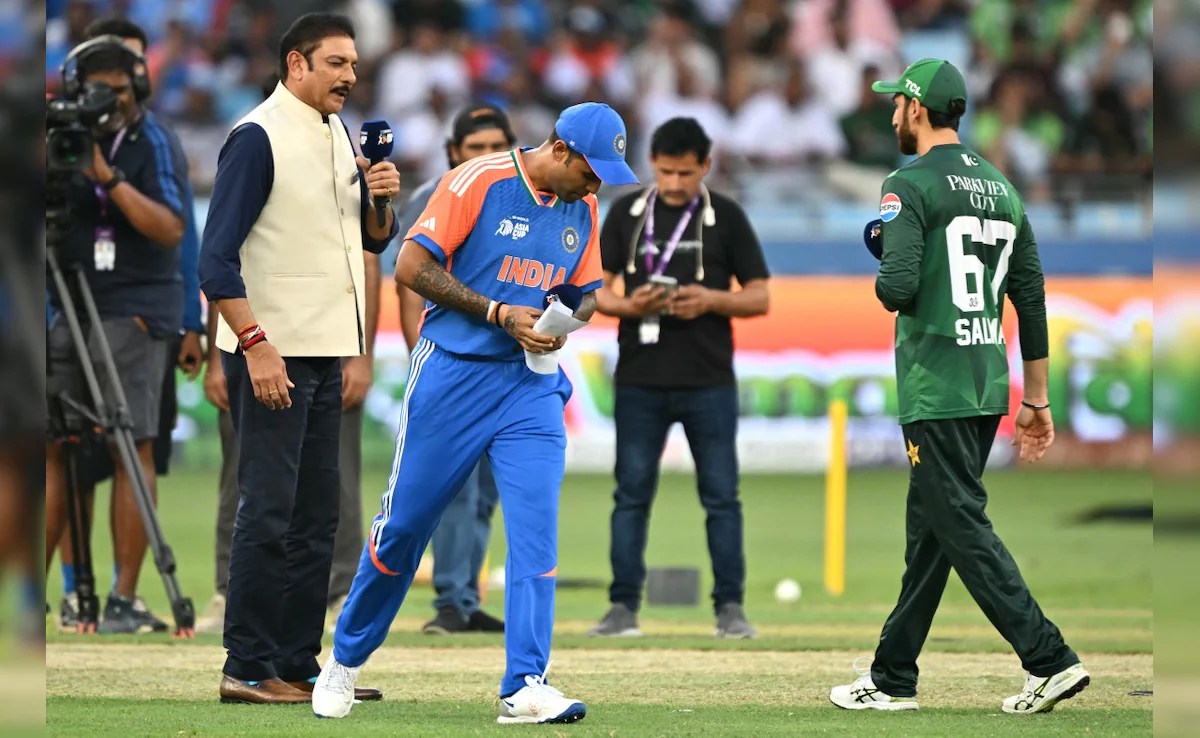
Security Concerns and Political Intrusions
Security concerns have repeatedly influenced fixtures. The ICC World T20 in 2016 was shifted from Dharamsala to Kolkata after protests by ex-servicemen and security assessments. Pakistan’s tours of India in 2012–13 were met with protests demanding cancellations. Even during events celebrated for diplomacy, political overtones remained inescapable. The 2011 World Cup semi-final in Mohali, attended by Indian Prime Minister Manmohan Singh and Pakistani Prime Minister Yousuf Raza Gilani, was praised as cricket diplomacy by some, criticized by others as overshadowing sport with politics.
Off-field controversies—spot-fixing scandals in 2010, altercations like Gambhir-Afridi in 2007, and allegations of ball-tampering—have further marred relations. The underlying reality persists: India-Pakistan cricket is never insulated from geopolitics and security threats.
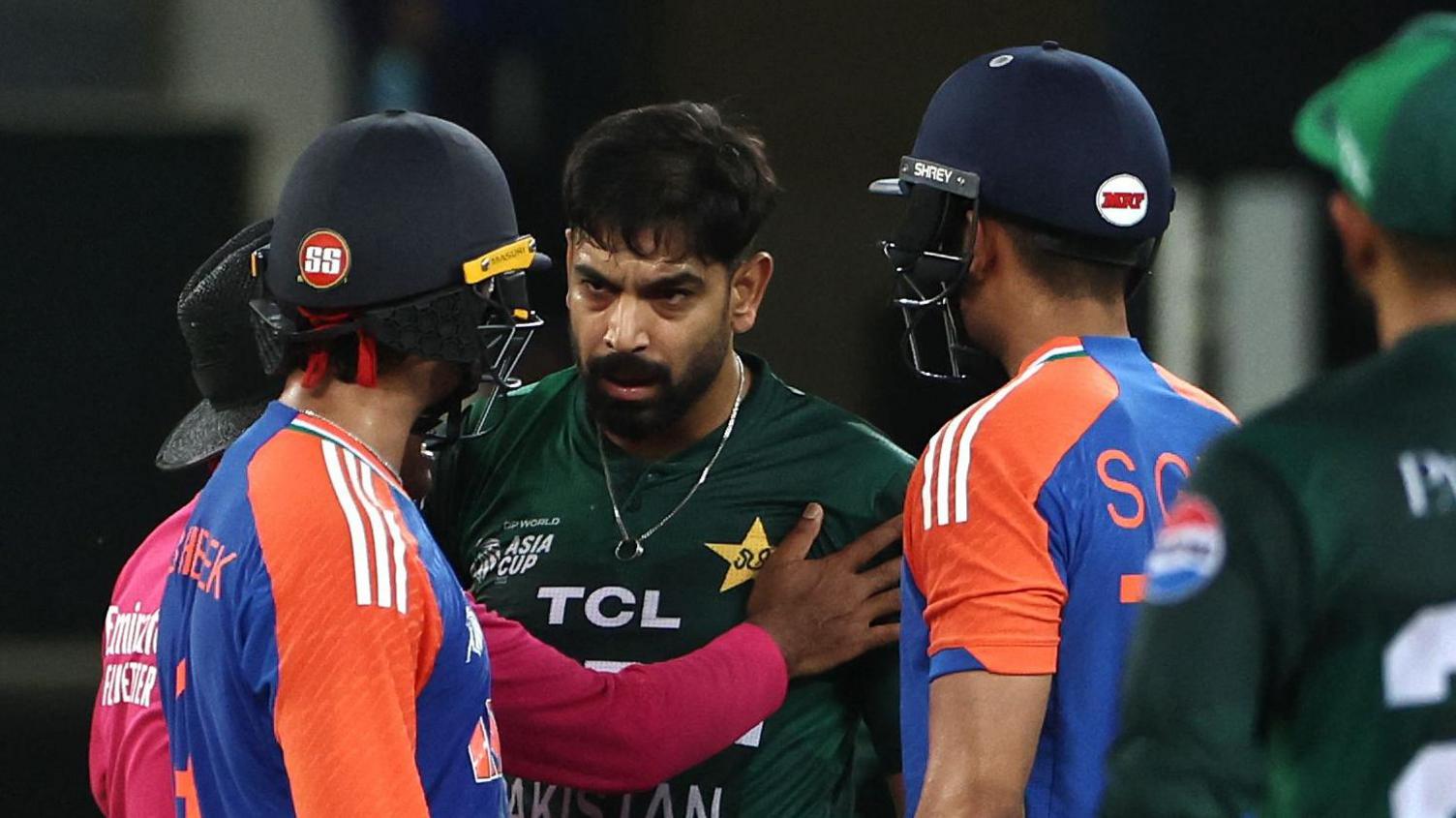
Can Sports Heal When Terror Prevails?
Proponents of cricket diplomacy argue history offers examples where sports bridged chasms. Liberia, in 2004, used soccer to unite former combatants and civilians after a brutal civil war. The Cold War-era ping-pong diplomacy between the US and China and joint North-South Korea Olympic teams illustrate sport’s potential to soften tensions. The UN formally recognizes sport as a tool for development and peace, highlighting its symbolic and practical impact.
India and Pakistan have also seen moments of positive engagement. The 2004 Friendship Series, flagged off by Prime Minister Vajpayee with the exhortation “khelo dil se” (“play with your hearts”), demonstrated how cricket could foster people-to-people connection. Tens of thousands of Indian fans visited Pakistan, mingling with locals, while Pakistani fans travelling to India reported similar warmth. These moments underscore that ordinary citizens often seek camaraderie, even when political and military hostilities persist.
-
Cultural Exchange: Tours like the 2004 “Friendship Series” saw tens of thousands of Indian fans mingling with Pakistanis, creating lasting memories of camaraderie.
-
People-to-People Diplomacy: Handshakes, mutual respect, and moments of sportsmanship humanize opponents and challenge ultranationalist narratives.
-
Economic and Competitive Benefits: High-profile India-Pakistan matches are commercially lucrative, drawing massive viewership and sponsorship. Players gain invaluable experience, and fans witness one of sport’s greatest spectacles.
Yet the argument for engagement runs into a hard reality: Pakistan’s continued sponsorship of cross-border terrorism has repeatedly bled Indian soil and claimed countless civilian and military lives. From Kargil in 1999 to Pulwama in 2019, India has extended multiple chances for reconciliation, yet the pattern of aggression persists. In such circumstances, the moral calculus of cricket diplomacy becomes murky. Can the handshakes of a cricket match outweigh the bloodshed caused by terror attacks? For many, the answer is a resounding no.
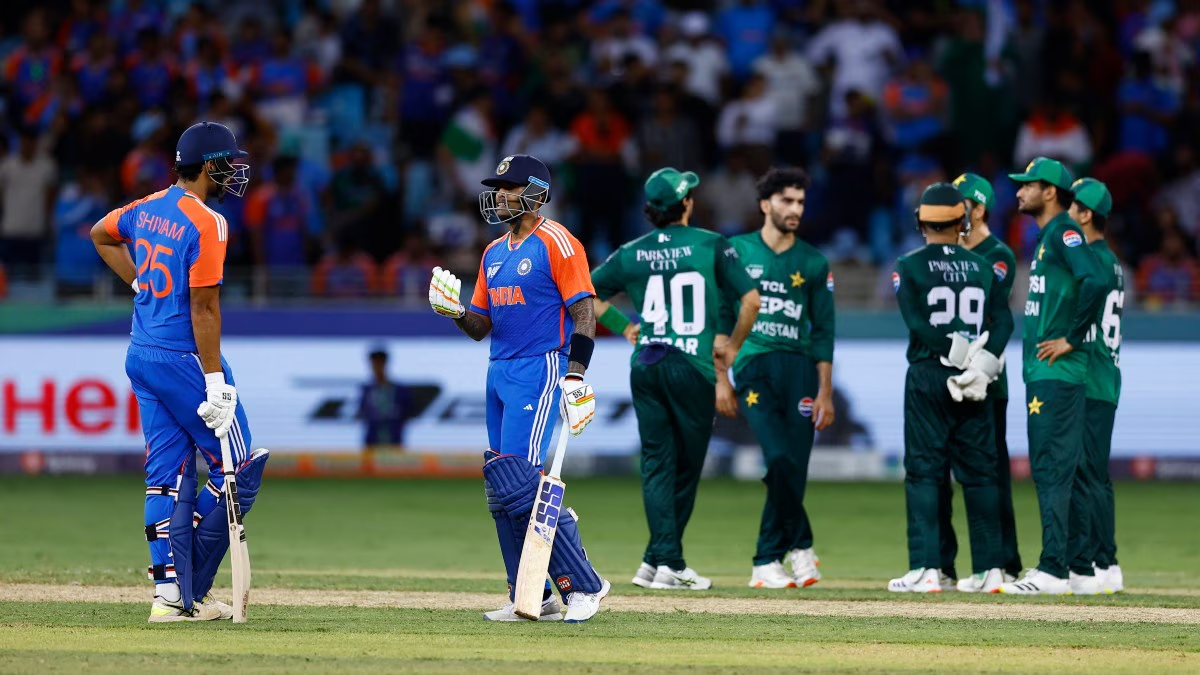
The Economics and Cultural Significance
No other sporting event between the two countries commands such attention. India-Pakistan cricket generates massive TV ratings, sponsorship revenues, and tourism impact. The IPL, one of the world’s most competitive T20 leagues, has excluded Pakistani players since 2008, denying both sides the opportunity to compete on shared domestic platforms. For fans, the rivalry is not just sport—it is an emotional, cultural, and nationalistic spectacle.
But economic incentives cannot override security concerns. Broadcasters, advertisers, and cricket boards might benefit financially, but India cannot allow sport to be a vehicle for normalization with a country whose state or non-state actors continue to threaten its citizens.
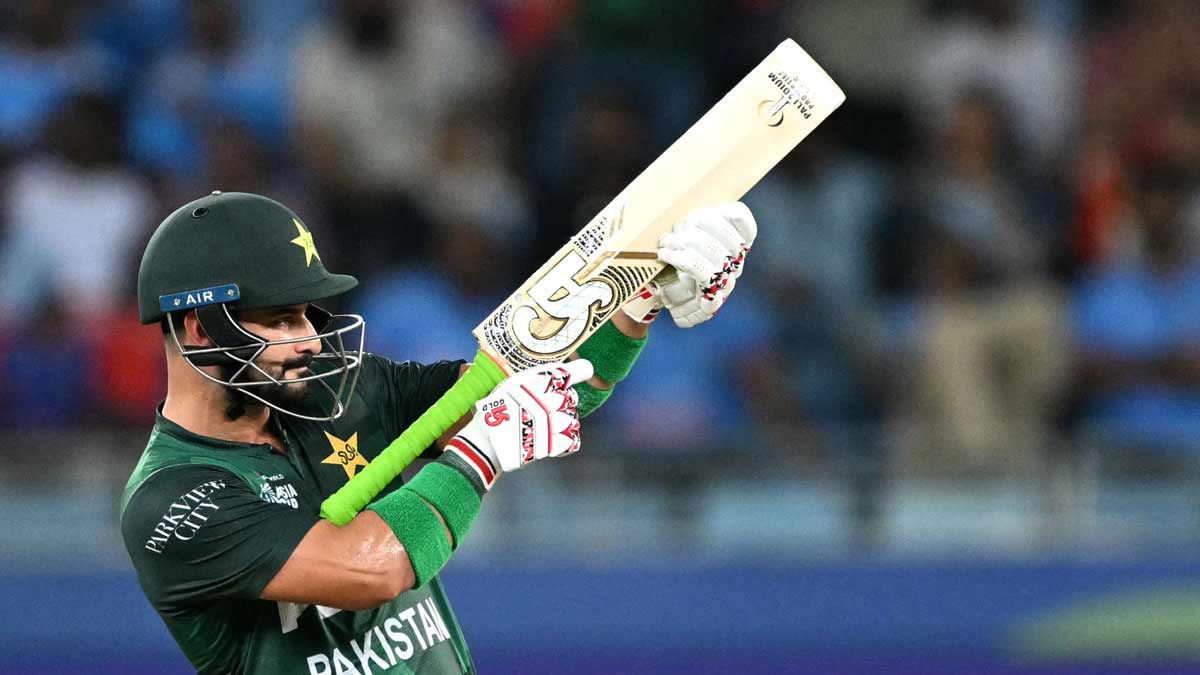
Cricket Diplomacy in a Moral Dilemma
The ongoing Asia Cup demonstrates the complex balance between sportsmanship and national interest. India’s choice to play matches at neutral venues respects the sport’s significance while acknowledging Pakistan’s repeated provocations. However, symbolic gestures—like post-match handshakes—take on amplified meaning in the context of repeated attacks. Diplomacy on the field cannot erase the repeated terror that has targeted Indian civilians and soldiers alike.
Resuming cricket with Pakistan, while historically successful in fostering temporary people-to-people goodwill, cannot be pursued without accounting for repeated aggression. The calculus is clear: cricket and terror cannot coexist. National pride, security, and morality must take precedence over the symbolic victories of a stadium handshake or a thrilling boundary.
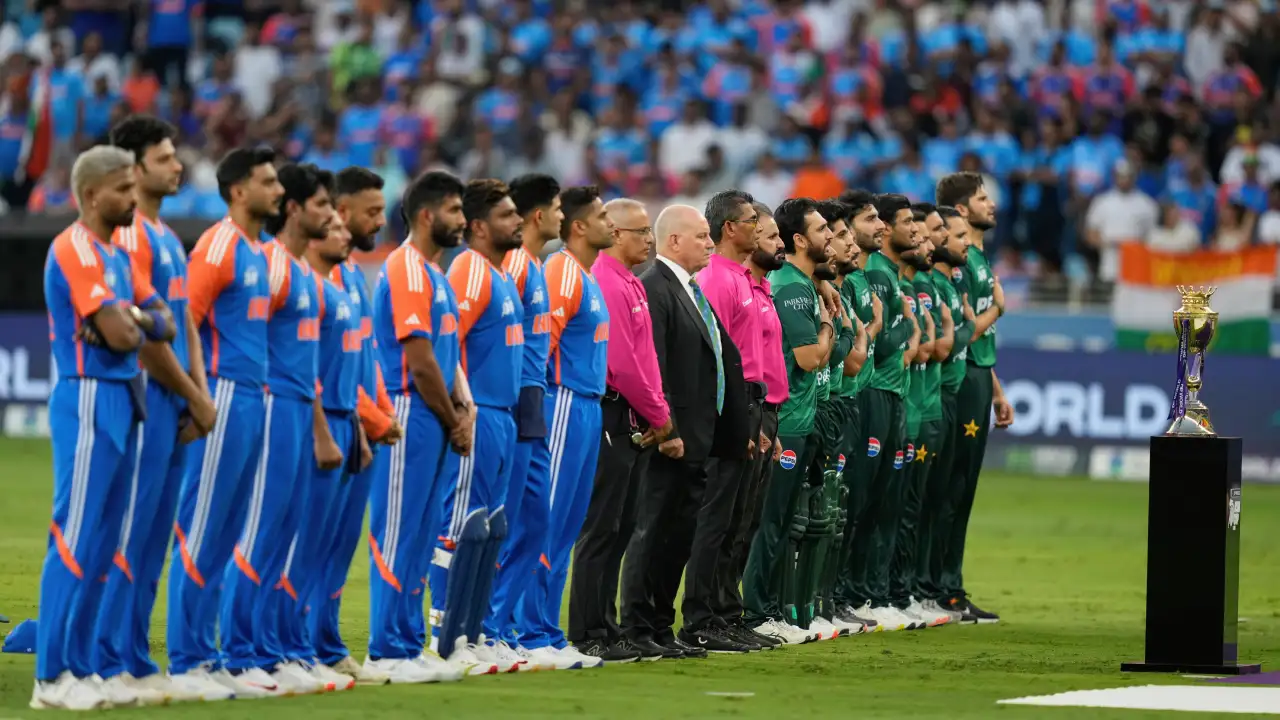
When Sports Cannot Heal
The legacy of India-Pakistan cricket is a tapestry of exhilarating matches, historic performances, and fleeting moments of camaraderie. From Azharuddin’s victories at Old Trafford during Kargil to Sehwag’s triple century in Multan, the sport has delivered memories cherished by millions. But it has also been interrupted by the grim realities of war, terrorism, and diplomatic hostility.
India has repeatedly extended chances for reconciliation through cricket. Yet Pakistan’s recurring aggression—from Mumbai to Pulwama—has hardened public and governmental sentiment. In such a scenario, continuing cricket diplomacy risks appearing naïve or morally compromised. While sports can bridge divides, they cannot justify ignoring terror or compromise national security. India’s approach, emphasizing neutral venues and multilateral events, reflects this hard-earned balance.
Ultimately, the India-Pakistan cricket rivalry remains one of the most captivating in sport. But no scoreboard or boundary can erase the blood of civilians or soldiers lost to cross-border terrorism. Cricket may inspire unity, yet when terror is persistent and unrepentant, sportsmanship must bow to responsibility, security, and moral clarity.
Cricket and terror cannot walk hand in hand. India has already given Pakistan countless chances, and after repeated attacks, engagement in sport is no longer a question of diplomacy—it is a question of conscience.
Views expressed in the above piece are personal and solely those of the author. They do not necessarily reflect Vygr’s views.
With inputs from agencies
Image Source: Multiple agencies
© Copyright 2025. All Rights Reserved. Powered by Vygr Media.

